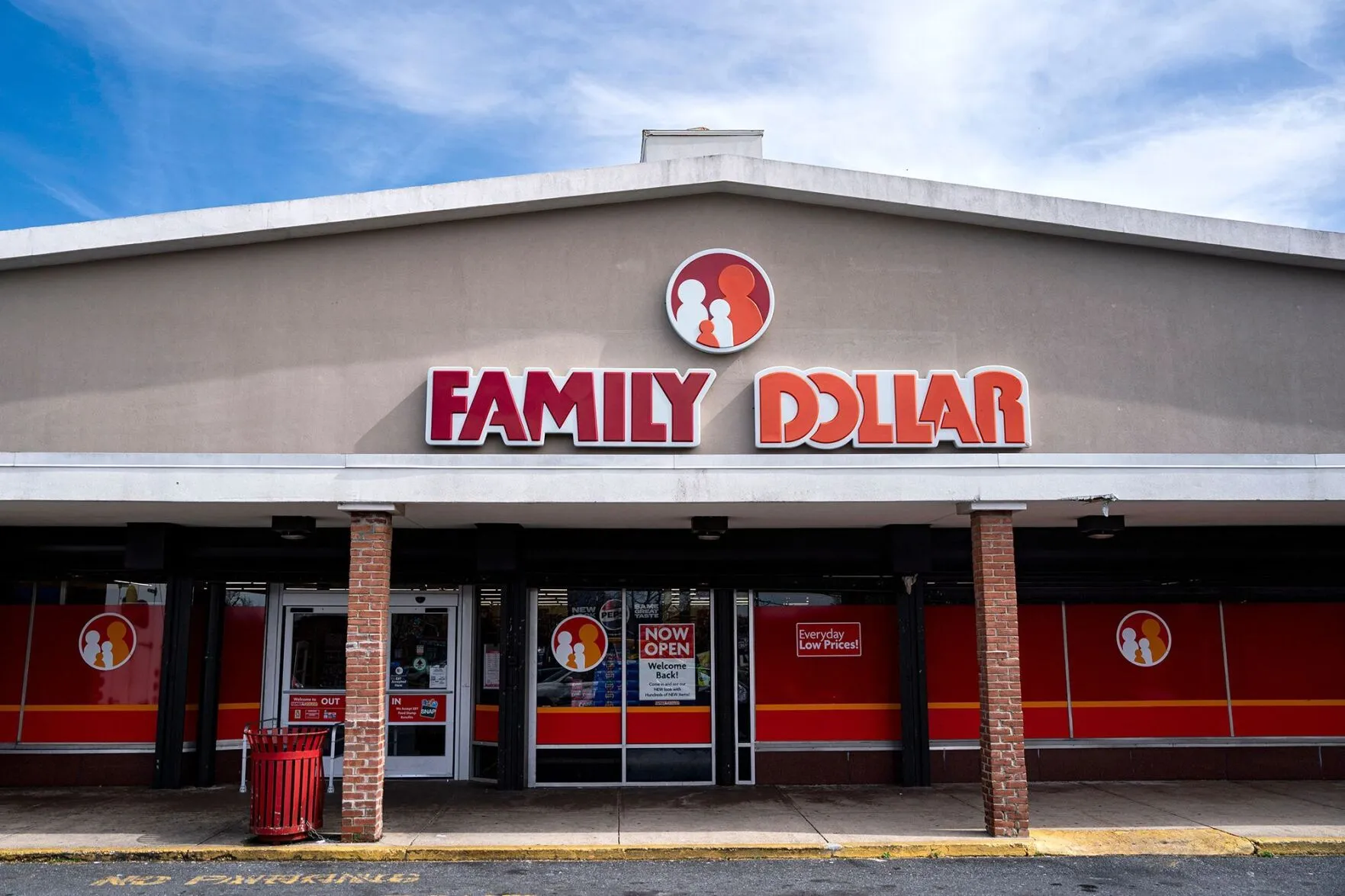“`markdown
Dollar Tree Cuts Ties with Family Dollar: A $1 Billion Breakup!
In a significant shift within the retail landscape, Dollar Tree has announced the sale of Family Dollar to a consortium of private-equity investors for approximately $1 billion. This decision marks the end of Dollar Tree’s tumultuous 10-year ownership of Family Dollar, a period that has often been described as a “disastrous merger.” The acquiring firms, Brigade Capital Management and Macellum Capital Management, are stepping in to take over the struggling chain, which has faced numerous challenges in recent years.
The sale comes as Dollar Tree aims to refocus its business model and enhance its financial performance. Analysts have pointed out that Family Dollar has struggled under Dollar Tree’s ownership, with declining sales and operational issues that have plagued the brand. The decision to divest Family Dollar is seen as a strategic move to streamline Dollar Tree’s operations and concentrate on its core brand, which has historically performed better in the competitive discount retail market.
Background of the Sale
Dollar Tree purchased Family Dollar in 2015 for approximately $9 billion, a move that was intended to create a robust discount retail powerhouse. However, the merger has been criticized for being a poor fit, as Dollar Tree misjudged the compatibility of the two brands. Family Dollar, which operates around 8,000 stores across the United States, primarily serves low-income customers with prices ranging from $1 to $10. Over the years, it has faced intense competition from larger retailers like Walmart and online platforms such as Amazon, which have significantly impacted its market share.
Family Dollar’s operational challenges have been numerous, including messy store conditions, high prices, and over-expansion. These issues have led to a decline in customer satisfaction, prompting the chain to announce plans to close over 900 stores in the past year due to poor performance and financial strain. The current economic climate, characterized by inflation and rising costs, has further complicated the operations of discount retailers like Family Dollar.
Details of the Transaction
The sale of Family Dollar is part of a broader trend of consolidation and restructuring within the retail industry. As companies adapt to changing consumer preferences and economic pressures, many are re-evaluating their business strategies. Dollar Tree’s decision to divest Family Dollar is seen as a necessary step to recover from the financial burdens associated with the brand and to enhance profitability and shareholder value.
Analysts suggest that this breakup could have a positive impact on Dollar Tree’s stock performance. Following the announcement of the sale, Dollar Tree’s stock saw a temporary increase of up to 6%, reflecting investor optimism regarding the company’s future prospects. The transaction is still pending regulatory approval, which is expected to be granted in the upcoming quarter.
Conclusion
In conclusion, Dollar Tree’s sale of Family Dollar for $1 billion marks a pivotal moment in the company’s history and the discount retail sector at large. While the merger was initially seen as a way to strengthen Dollar Tree’s market position, it ultimately proved to be a miscalculation that led to significant operational challenges. As Dollar Tree moves forward without Family Dollar, it aims to refocus on its core brand and improve its financial performance amidst ongoing industry challenges.
This breakup serves as a reminder of the complexities involved in mergers and acquisitions, particularly in the fast-evolving retail landscape. The future remains uncertain for Family Dollar as it transitions to new ownership, but for Dollar Tree, this sale represents a fresh start and an opportunity to reclaim its position in the discount retail market.
“`






Leave a Comment